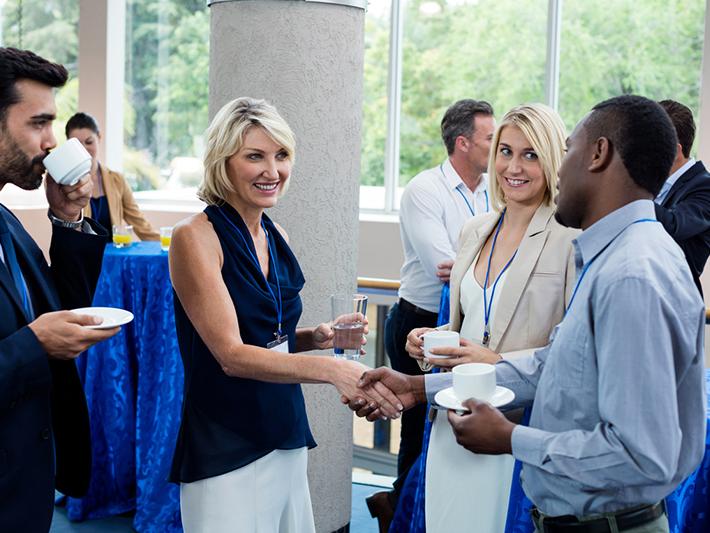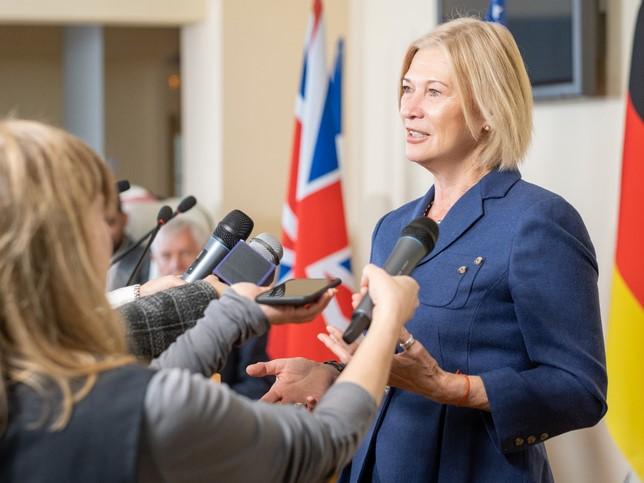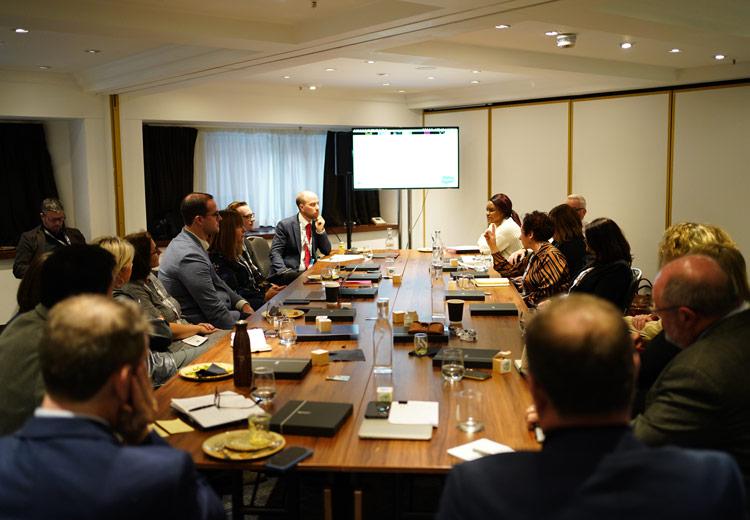
How to make enterprise activities enjoyable and impactful
You may also like
In an academic environment that is increasingly complex and resource-constrained, focus must be placed on activities that add value beyond the invested resources, not simply in financial terms but also in terms of visibility, reputational capital, impact and dissemination.
The Knowledge Exchange Framework (KEF) developed by Research England helps higher education providers assess and improve their collaborations with partners to benefit society. These partners range from individuals attending university events to large corporations working with research teams to develop new products. Knowledge exchange activities, often combined with enterprise activities under the term knowledge exchange and enterprise (KEE), include establishing research partnerships with non-academic entities, collaborating with businesses, the public or third sectors, and offering continuing professional development.
KEE activities are particularly important for business schools and their impact-generation strategies. The benefits are plentiful for both education and research. Bringing the expertise from industry to the classroom and enhancing students’ experience, as well as boosting their employability, can improve your institution’s educational offering and position in global rankings. Building partnerships for funding bids and disseminating the research results among stakeholders can help to generate real-world impact of your research.
- Spotlight guide: How to work well with industry
- Demystifying impact: a glossary of key terms
- How to make public engagement work for early career academics
With the UK’s upcoming Research Excellence Framework (REF) round, higher education institutions are ready to embrace enterprise engagement. However, with their schedules reaching capacity with research and teaching duties, academics may struggle to find time for meaningful enterprise engagement. These activities should ideally lead to measurable outputs, but these are not always immediate or straightforward.
For instance, some KEE activities have a clear commercial focus, but others aim to deliver impact and societal good, and their return on investment is more difficult to measure. However, the KEE ecosystem is inextricably linked to research and education activities; it is not separate and distinct from them.
Apart from workload challenges, colleagues often do not understand how exactly enterprise activities can be evidenced for impact purposes, and how these efforts would be adequately acknowledged in their career progression.
These tips can help research and teaching staff to make their engagement with business more enjoyable and stress free.
Prioritise key industry events in planning
Prioritise industry-focused events that are key for your field and expertise to maximise your time investment. Find out in advance who is attending and identify potential avenues for collaboration. Some large events use apps that allow you to check the attendees and schedule meetings in advance in networking areas. If such apps are not used, you can check social media posts, event websites or attendee lists, if available, and reach out to people via email or social media to schedule a meeting ahead of time. Do not overcommit your time; accept that it is impossible to attend all events or have one-to-one chats with everyone of interest. Good planning and prioritising will make the process of juggling multiple activities easier.
Listen and learn
Before you meet an industry contact, think about how you will explain your work simply and clearly. Prepare a summary of a couple of sentences so you can spend the rest of the conversation learning from others and understanding what their company does and their priorities for collaboration with higher education institutions. Academics have a wealth of knowledge and research insights, but these can sometimes make it challenging to connect with industry leaders in the limited time available for networking. It can be tempting to share all the exciting details of a research project, but brevity is often more effective in these settings. You do not need to show the full breadth of your knowledge over lunch or during an event coffee break. Above all, be prepared to listen. After all, knowledge exchange is a two-way process.
Build relationships, not followers
Meeting people and networking are important for outreach. However, high-quality impact requires high-quality relationships. It is not enough to just add people on LinkedIn; message them, invite them to visit you, arrange guest talks and go to visit them to establish a connection and plan long-term collaborations. Remember, connections need to be meaningful in order to be productive and mutually beneficial.
Stay positive and confident
Consider how you disseminate the results of your research to a non-academic audience. This element of KEE might be overwhelming, particularly for early career researchers. Worry that misunderstandings might occur or that nobody will be interested in your work is understandable. Maintaining a positive attitude, having the ability to turn a conversation around or breaking tension with a joke are great skills to practise while building your confidence. Ultimately, people will be interested not only in your findings but also in your personality, and your confidence and positivity can speak volumes.
Keep records and notes
The benefits of KEE engagement might not be immediate, so keep a record of all engagements, key people and contacts. This is particularly important for tracking the outcomes of collaboration. For some, a post on LinkedIn is a good way to record engagement; for others, a spreadsheet, CV or any other type of note-keeping will be effective. Whatever method you choose, it should work for you, and the information should be easily accessible and recoverable when you are ready to write a funding bid, promotion application or REF impact case study.
Enjoy the process
KEE engagement is the fun part of academic life. You get to know new people, gain practitioners’ insights and build your networking skills. Additionally, seeing your work making a tangible impact on society will give you joy. It might be helpful to view it not as additional work, but as an enjoyable endeavour that you have the privilege to experience. Meaningful KEE engagement enhances all areas of your academic career, and it will not take too long before you start gaining tangible rewards from it.
Larisa Yarovaya is associate professor of finance and director of the Centre for Digital Finance, and Jeni Giambona is a professorial fellow and the director of knowledge exchange and enterprise, both at Southampton Business School at the University of Southampton.
If you would like advice and insight from academics and university staff delivered direct to your inbox each week, sign up for the Campus newsletter.




